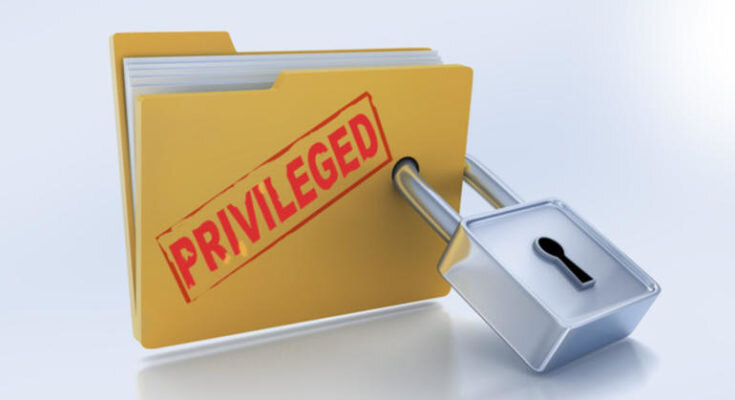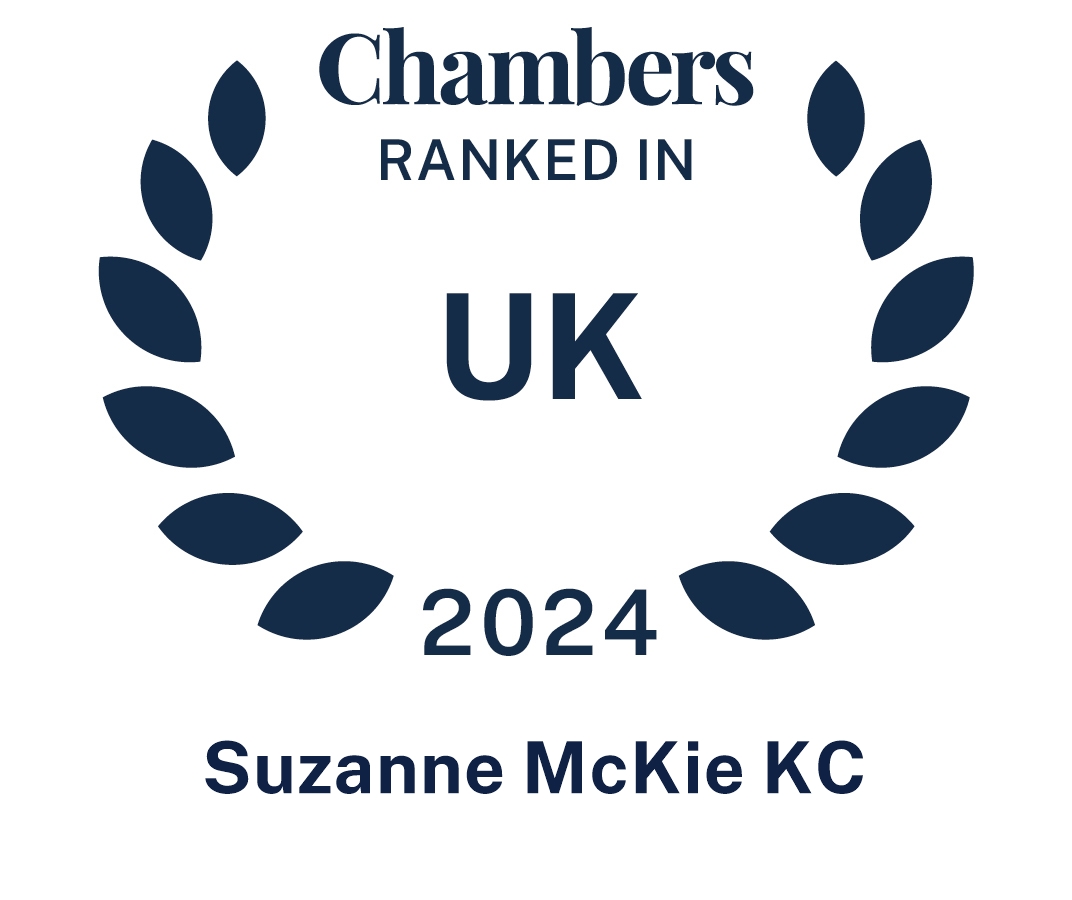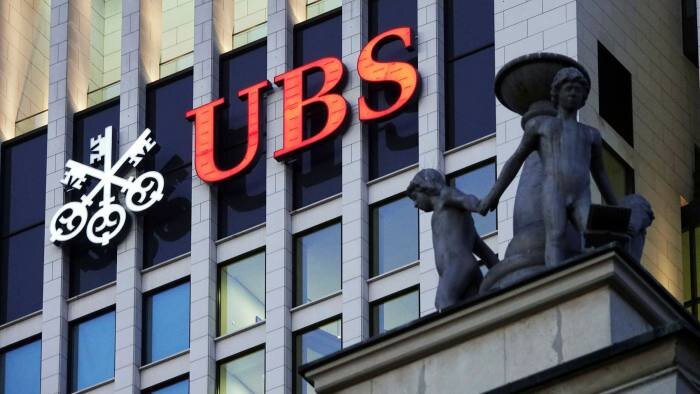
27 August 2021
|Legal Professional Privilege
CHECK YOUR (LITIGATION) PRIVILEGE
LITIGATION PRIVILEGE AND THE INIQUITY PRINCIPLE
The practical implications of Abbeyfield (Maidenhead) Society v Hart [2021] UKEAT 00162 21 1908
An email which prima facie was covered by litigation privilege did not fall within the ‘iniquity’ exception to privilege, despite it containing an indication by the employer that they intended to dismiss the employee, come what may.
LITIGATION PRIVILEGE AND THE INIQUITY PRINCIPLE
Litigation privilege applies to confidential communications between a client and lawyer or third party (such as a consultant), where adversarial litigation is contemplated or commenced, and the communication in question is made for the dominant purpose of that litigation: see Waugh v British Railways Board [1980] AC 521 HL.
Communications which would otherwise be privileged must, however, be disclosed where advice is sought or given with the purpose of effecting a crime or fraud: see R v Cox and Railton (1884) 14 QBD 153. This principle was extended to include the concept of ‘iniquity’ (falling short of fraud) in Barclays Bank plc v Eustice and others [1995] EWCA Civ 29.
It was confirmed that the iniquity principle applied as an exception to litigation privilege in Kuwait Airways Corp v Iraqi Airways Co (No. 6) [2005] EWCA Civ 286, [2005] 1 WLR 2734.
A strong prima facie case of some fraud or illegality or some other ‘iniquity’ must be shown: see BBGP Managing General Partner Ltd v Babcock & Brown Global Partners [2011] Ch 296. The instant case demonstrates just how strong that case must be in order to lift the cloak of privilege.
ABBEYFIELD (MAIDENHEAD) SOCIETY v HART: OVERVIEW
On 19 August 2021, the Employment Appeal Tribunal handed down their decision in Abbeyfield (Maidenhead) Society v Hart, that an email between an employer and HR consultant, concerning an employee who was suspended (and subsequently dismissed) for misconduct, was protected by litigation privilege. Despite suggesting a pre-determined decision to dismiss, it did not fall within the ‘iniquity exception’ to litigation privilege.
The EAT held that despite the employer’s comments to the consultant that H should be dismissed, they were not seeking advice on how to act unlawfully. Similarly, the HR consultant did not give advice on how to act unlawfully. Rather, she advised on the disciplinary process and the risk of that process leading to litigation.
It was held that the comment made, that the employer did not wish the employee to return to work, was the sort of frank instruction that a party may feel able to give in a privileged communication.
THE FACTS
Background
H was employed by AMS. He was suspended and later, following a disciplinary hearing, dismissed for gross misconduct. His appeal against dismissal was rejected by C, a senior officer of AMS. H brought a number of employment tribunal claims, including for unfair and/or wrongful dismissal, and discrimination on various grounds.
Employment Tribunal
On disclosure, AMS submitted that various communications with their HR consultants on how to deal with H’s disciplinary case and the possibility of dismissal were protected by litigation privilege. The Tribunal agreed that the documents were, in principle, covered by litigation privilege, having been made in contemplation of litigation. However, it concluded that one document – an email from C dated 19 January 2017 – was admissible under the ‘iniquity principle’.
The email in question stated that H would not be returning to work “under any circumstances”. In the Tribunal’s opinion, it would be iniquitous to allow AMS to claim that there was a fair appeal, when the appeal officer had clearly expressed the view, two months before dismissal, that H’s employment would be terminated come what may. This was also done despite H complaining about C acting as the appeal officer.
AMS appealed to the EAT.
Employment Appeal Tribunal
The EAT did not consider that C’s email engaged the iniquity principle, whether read by itself or in the context of the surrounding email exchange:
· It did not seek advice on how to act unlawfully. Rather, C’s indication that he did not wish H to return to work was the sort of frank instruction that a party may feel able to give in a privileged communication.
· Similarly, the HR consultant did not give advice on how to act unlawfully. Rather, she advised on the disciplinary process and the risk of that process leading to litigation, and wrote that she had to “ensure that if my clients wish to proceed against my advice that they do so by making an informed decision”.
The EAT acknowledged that there may be cases when a client’s instructions leaves the adviser professionally embarrassed, and the adviser has to decide whether it is ethical to continue to act for the client. Such a situation could arise if an employer told its adviser that it intended to embark on an appeal process which was a sham. However, that was not what C’s email said. And even an indication of that kind is not the same as a request for advice on how to act illegally, and would not necessarily cause privilege to fall away.
The EAT therefore allowed AMS’s appeal.
COMMENT AND PRACTICAL IMPLICATIONS
It is clear that what is important, then, in determining the application of the iniquity principle to litigation privilege, is the nature of the communication in question. This is where the EJ erred. The email itself did not involve anyone either requesting or giving advice which was of an illegal nature or in furtherance of an illegal purpose.
Rather, many employment lawyers may see this as a typical example of communication between an employer and an employment adviser. It is not unusual for clients to vent emotions in such communications, and for the adviser to then give advice which may persuade the client to modify its position. Parties need to be able to communicate frankly with their legal and other advisers, knowing that this will remain private. The public policy risk of removing the protection of privilege from these communications would be that clients are discouraged from taking advice altogether.
There had been some concern, following previous caselaw, that the iniquity principle had been opened up too widely, for example to include “dishonest and sharp practice” as in BBGP v Babcock & Brown (above), a far cry from the high bar of fraud. It appears the EAT wishes to narrow down its interpretation in the instant case.
Lawyers and their clients alike can take some comfort in the relatively narrow interpretation of the scope of the iniquity exception in this case, and the high bar required to reach it. It appears the court or tribunal will not rush to deprive a party of the protection of privilege on the grounds of iniquity.
This case represents a reaffirmation of the sanctity of legal privilege, and a reminder to parties and practitioners alike to check their privilege – its importance and the circumstances in which a claim to privilege can and cannot be challenged.






